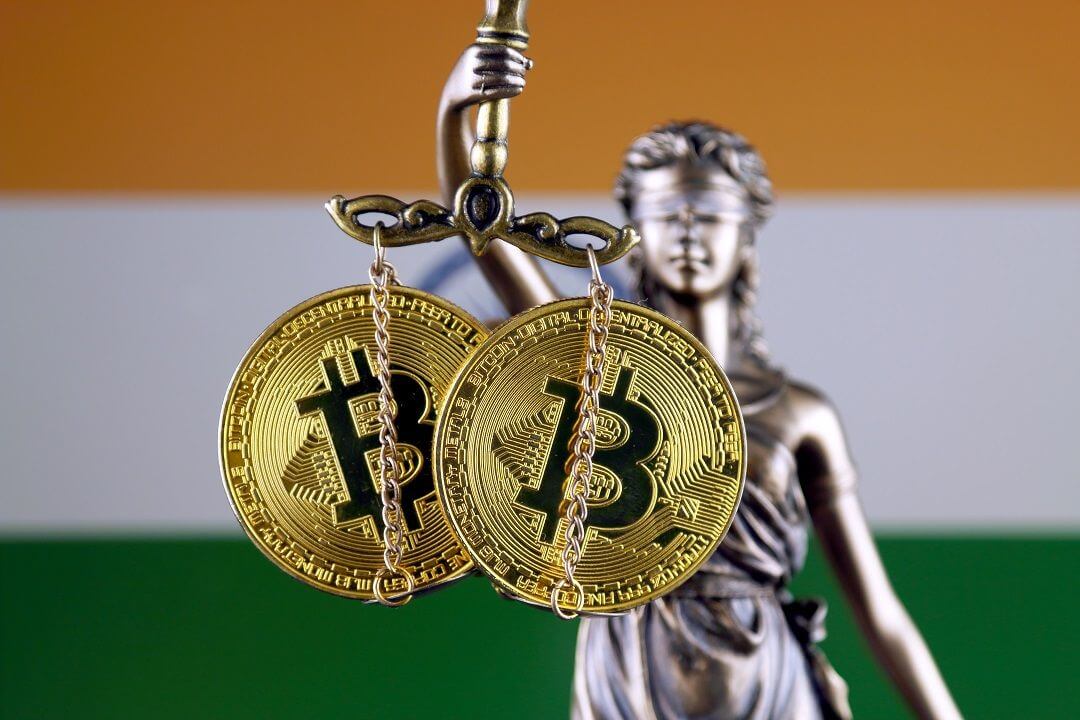
The emergence of new innovations in decentralised spaces is too much to resist for the Indian government.
India’s Supreme Court ruled that the country’s ban on cryptocurrencies is to be lifted in a landmark ruling set to reignite the Indian crypto community.President Modi has revealed that his “Digital India” programme will be a key component of the country’s industrial strategy in the coming years. The flagship policy aims to “transform India into a digitally empowered society and knowledge economy”, by providing access to e-learning resources, allowing citizens to use digital documents to prove their identity and fostering cashless, digital payments.
A blockchain-based voting system has also been announced, which will enable Indians to vote remotely in elections. At the last election, 300 million of India’s electorate did not cast their vote; citizens must be in their area of residence to participate, leaving the many who travel the country for work disenfranchised from India’s democracy. Other countries will be watching India’s new voting system with interest, as blockchain’s use of cryptography could be the answer to concerns over hackers tampering with results.
Digital India will aim to shift the country’s economy and governance into one decentralised space, overcoming the challenges of India’s vast size, and helping to tackle inequality between regions by providing educational and financial resources that can be accessed by all.
India’s recent embrace of blockchain’s underlying technology is good news for the Indian crypto community, however, India’s relationship with blockchain and cryptocurrencies hasn’t always been as close.
In April 2018, the Reserve Bank of India (RBI) said it would “not deal with or provide services to any individual or business entities dealing with or settling [virtual currencies].”
The RBI claimed that issues surrounding consumer protections, market integrity and money laundering were key reasons for turning its back on cryptocurrencies.
The ban was lauded inside the crypto community as unenforceable, with some citing the combination of the authorities’ inability to effectively police decentralised assets, and the presence of exchanges such as Bitmex, which allow new users to sign up without Know Your Customer (KYC) verification.
Incidentally, the Financial Conduct Authority, the UK’s financial regulatory body, put out a statement this week that condemned Bitmex and warned UK citizens to avoid its services because it has not yet received regulatory approval.
Outlawing such exchanges won’t do either. Bitmex is banned in the US for its lack of KYC, but US traders have been known to still operate on the exchange by using a VPN (Virtual Private Network) to circumnavigate IP address restrictions – leaving financial regulators scratching their heads to find a way to enforce a ban in the internet age.
This week, the Supreme Court of India lifted the ban, paving the way for India’s new digital economy and reinstating legitimacy for Indian holders of cryptocurrency. The landmark decision came after the Internet & Mobile Association of India launched a legal challenge against the ban, arguing that the RBI did not have the authority to stop financial service companies from working for cryptocurrency firms. This argument was upheld by the court, and with it, the future of cryptocurrency in India looks to have been secured for now.

